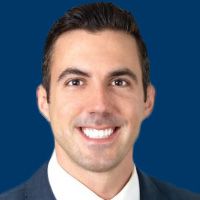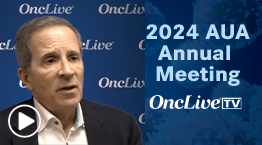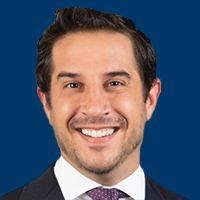Dr. Venook on Using Frailty Index & Geriatric Assessments
Alan P. Venook, MD, a professor in the Department of Medicine (Hematology/Oncology) at the University of California, San Francisco, discusses the importance of utilizing frailty index and geriatric assessments for patients with cancer.
Alan P. Venook, MD, a professor in the Department of Medicine (Hematology/Oncology) at the University of California, San Francisco, discusses the importance of utilizing frailty index and geriatric assessments for patients with cancer.
When evaluating patients with cancer, numerical age should not be the only factor utilized to decide the appropriateness of therapies. This figure can be abstract and not representative of their true age, which should be assessed using a frailty index. This index should assess items such as the ability to complete daily activities, presence of chest pain or heart disease, and other disabling diseases, notes Venook.
The assessment of physiological age is necessary, due to varying levels of fitness and health. A patient who is 70 may physiologically be 50 or they may be 90, Venook explains. As such, treatment should be based on more than age alone.



